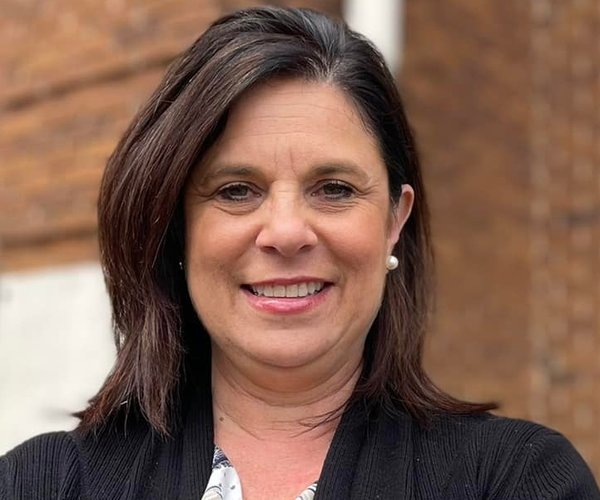This Thanksgiving, as I sat around listening to family stories and eating turkey (no lasagna has been made since my grandmother passed), I noticed that there was an abundance of facial hair. Really creative, somewhat whimsical, and abundant facial hair. It was on the cousins and the uncles. It was on football players, commercial actors, and parade commentators. It was on hipsters and baby boomers. Is this a trend that my husband has missed?
Kind of. We spend Thanksgiving visiting family in New Orleans. What we were seeing in our extended family members, in the football games, and on commercials on TV was the Movember movement. What? That’s right, the Movember movement.
The Movember movement challenges men to grow moustaches during November (which they cleverly refer to as Movember) to start conversations – conversations to raise awareness of and funds for men’s health issues, specifically prostate and testicular cancers, similar to how people were wearing pink ribbons for breast awareness month.
The organization responsible for the Movember movement is the Movember Foundation, started as a conversation between two friends in Australia where a moustache is referred to as a “mo.” I have a stereotypical idea about how that conversation went – it includes a lot of “mate” and takes place in the “outback” between men that look a lot like Crocodile Dundee!
According to the National Cancer Institute, prostate cancer is the second most common type of cancer in men after skin cancer – with 240,000 men diagnosed each year. Prostate cancer occurs when some of the cells in the prostate reproduce more rapidly than normal, resulting in a tumor. If left untreated, prostate cancer cells may eventually spread from the prostate and invade other parts of the body, such as the lymph nodes and bones. One of the most worrying aspects of the disease is that most prostate cancers develop without men experiencing any symptoms in the early stages.
There are many risk factors of prostate cancer in American men. The older a man, the more likely he is to be diagnosed with prostate cancer. Some lifestyle choices are linked to prostate cancer such as poor diet and lack of exercise. More than 65% of all prostate cancers are diagnosed in men over the age of 65. Family history is important (see my article last week!) because a man with a father or brother who developed prostate cancer before 60 is twice as likely to develop the cancer. African American men are more likely to develop prostate cancer and are nearly 2.5 times as likely to die from the disease. Overall, 1 in 7 men will be diagnosed with prostate cancer in their lifetime.
Testicular cancer starts as an abnormal growth or tumor that develops in one or both testicles. Testicular cancer commonly presents as a small hard lump, with swelling or a change in the consistency of the testicle. Some men also experience a dull ache in the testicle or lower abdomen. In the majority of cases, only one testicle is affected.
There are about 8,820 new cases of testicular cancer each year in the US. It is the most common cancer in young men aged 15 to 35 in the US. Testicular cancer is generally rare in non-caucasian populations worldwide. Testicular cancer is highly treatable and often curable.
That conversation between friends in Australia in 2003 has grown from a grassroots movement into truly global movement, inspiring support from over 4 million worldwide. Although National Prostate Cancer month is in September in the US, November was selected to be the month of worldwide moustaches. And by the looks of it, the movement is spreading, conversations are happening, and awareness and funding is increasing.
I applaud all those who participated in growing moustaches for Movember. Even if you didn’t know about the movement, now you do. You can look into the Movember Foundation and be inspired for next year with their Mo Gallery. I suspect some of those moustaches will linger past November 30 so it’s never too late to start that conversation. Or to truly admire a good handlebar moustache!
Hosanna Fletcher has lived in Newton County since 2005. With a Masters in Public Health and another in Sociology, she has worked on a variety of community development projects, led training sessions for Lay Health Advisors, conducted and evaluated health risk assessments, and designed and implemented employee wellness programs. Hosanna and her husband Kevin, a Newton County native, have been married for 15 years this October. They have two children — Miranda, 11, and Thomas, 3.





